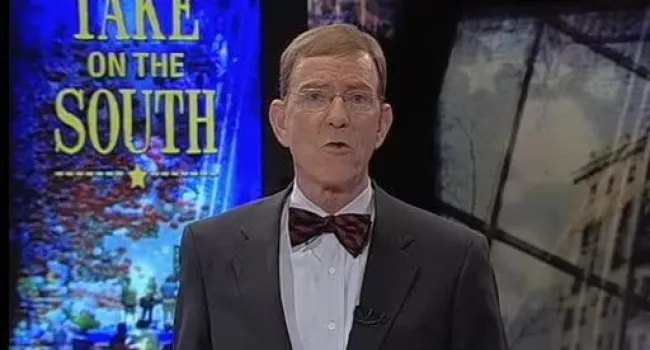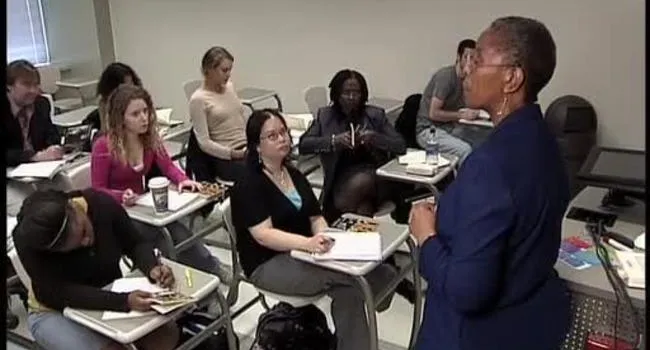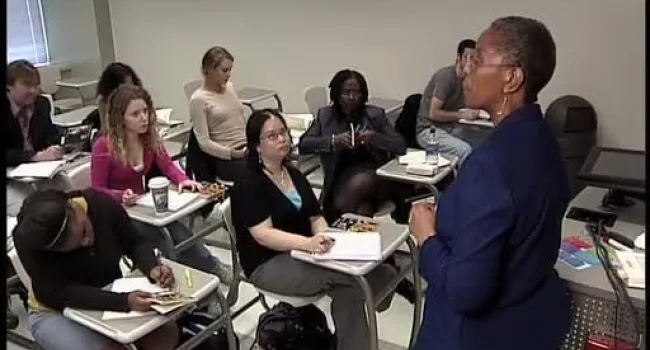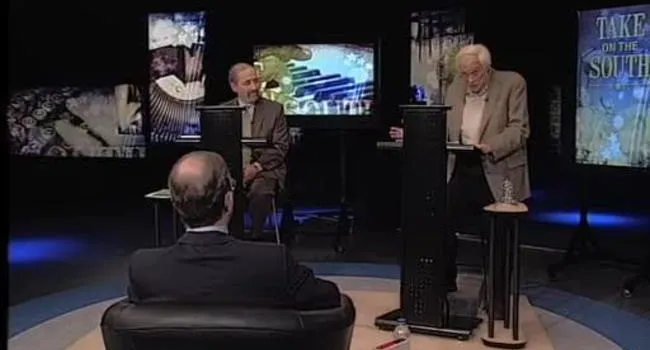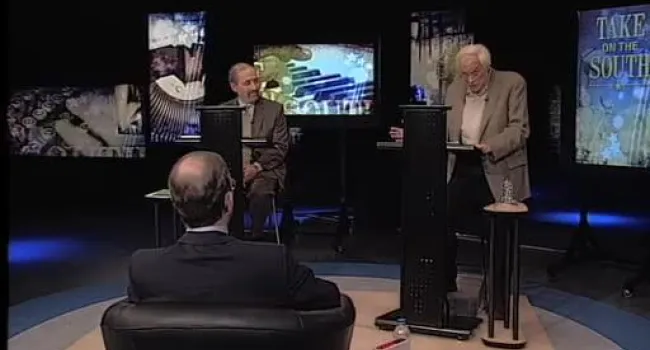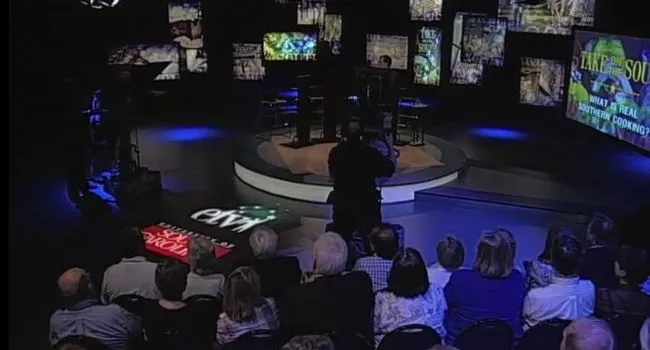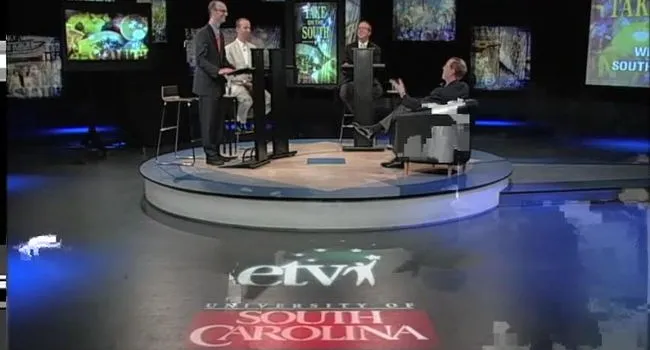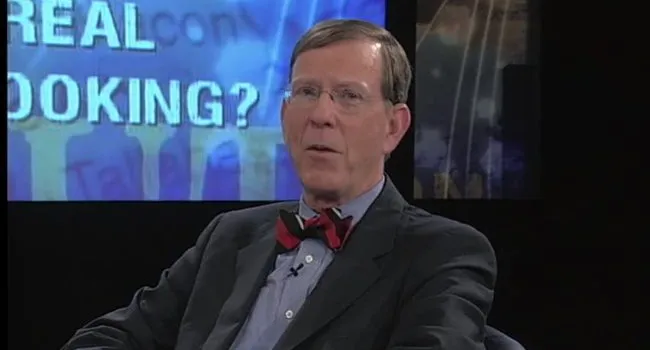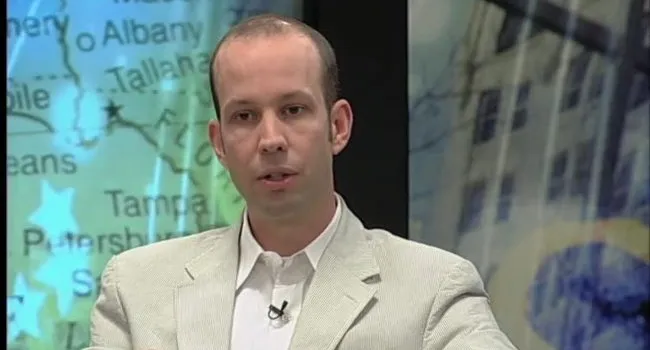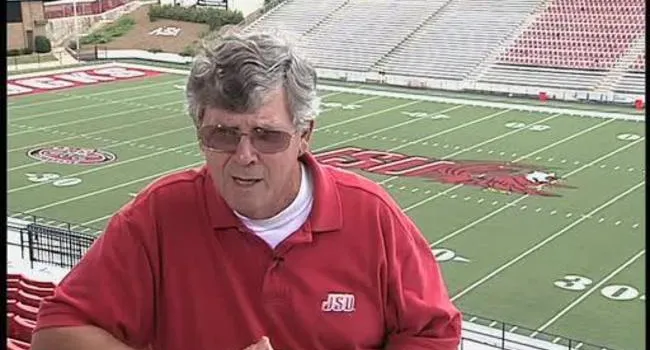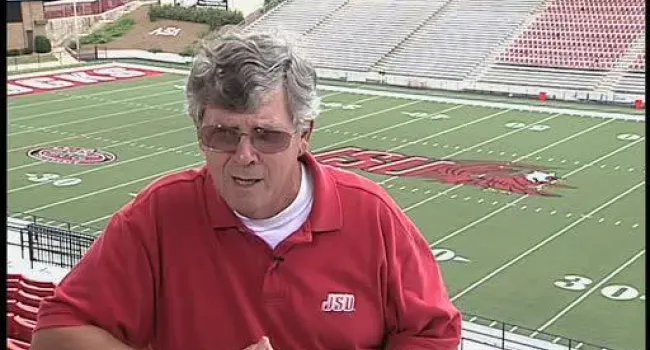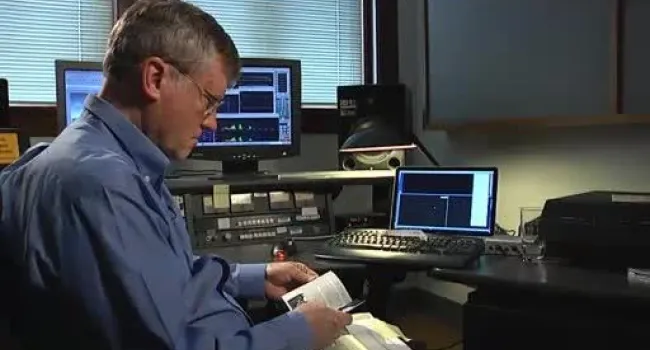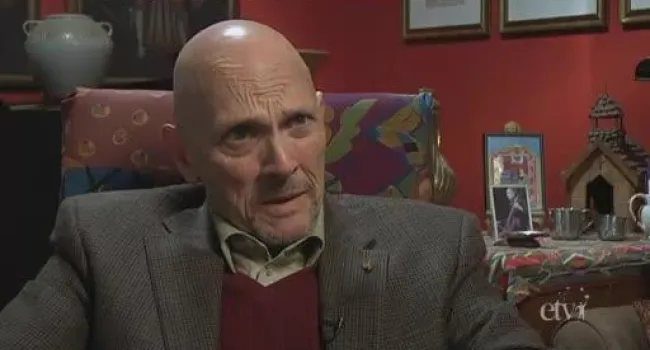Since the 1930s a variety of scholars and pundits have lamented the passing of the American South. But, how were—and are—they defining the South? John Shelton Reed, one of the world’s foremost scholars of Southern identity, and James Cobb, a distinguished scholar of the region, tackle the question of defining the American South in the 21st century.
Debaters
Jim C. Cobb, B. Phinizy Spalding Distinguished Professor in the History of the American South, is widely recognized as one of the foremost scholars of Southern history and culture—and among the first to write broadly about the South in a global context. Cobb has written more than 40 articles and 12 books, mostly about the impact of changing economic conditions on the South. Two of these, “Away Down South: A History of Southern Identity” and “The Most Southern Place on Earth,” his book about the Mississippi Delta, are considered classics in the field. The latter quickly became a model for studying other regional cultures and subcultures, such as those of Appalachia and New England. Cobb has written pieces for The New York Times, The Los Angeles Times, The Wall Street Journal, the New Republic, The Times Literary Supplement, and theAtlanta Journal-Constitution. His book, “The New America: The South and the Nation Since World War II,” published in 2010 by Oxford University Press.
John Shelton Reed graduated from the Massachusetts Institute of Technology and received his Ph.D. from Columbia University. He taught at the University of North Carolina at Chapel Hill from 1969 until his retirement in 2000 as William Rand Kenan Jr. Professor of sociology and director of the Howard Odum Institute for Research in Social Science. While at UNC he helped to found the Center for the Study of the American South and was a founding co-editor of the quarterly Southern Cultures. He has been a Guggenheim Fellow, a Fellow of the National Humanities Center and twice a Fellow of the Center for the Advanced Study in the Behavioral Sciences. He holds honorary doctorates from the University of South Carolina and the University of North Carolina Wilmington.
Reed is the author or editor of numerous books predominantly dealing with the contemporary American South; he is a regular contributor The Wall Street Journal, National Review and the Oxford Press.
He served as president of the Southern Sociological Society in 1988-89 and the Southern Association for Public Opinion Research in 1999-2000. He was elected to the Fellowship of Southern Writers in 2000, and was chancellor of that organization, 2009-11.
Reed has lectured at numerous colleges and universities in the United States and abroad and held visiting positions at over a dozen, including Fulbright lectureships in Israel and India, and the Pitt Professorship of American History and Institutions at Cambridge University. After his retirement he was a visiting fellow at All Souls College, Oxford University and a lieutenant colonel in the South Carolina Unorganized Militia, while teaching at The Citadel in Charleston, South Carolina.
Resources
You need to be logged in to listen to view this content. Create an account now; it's quick, easy, and free!
Log In to View
